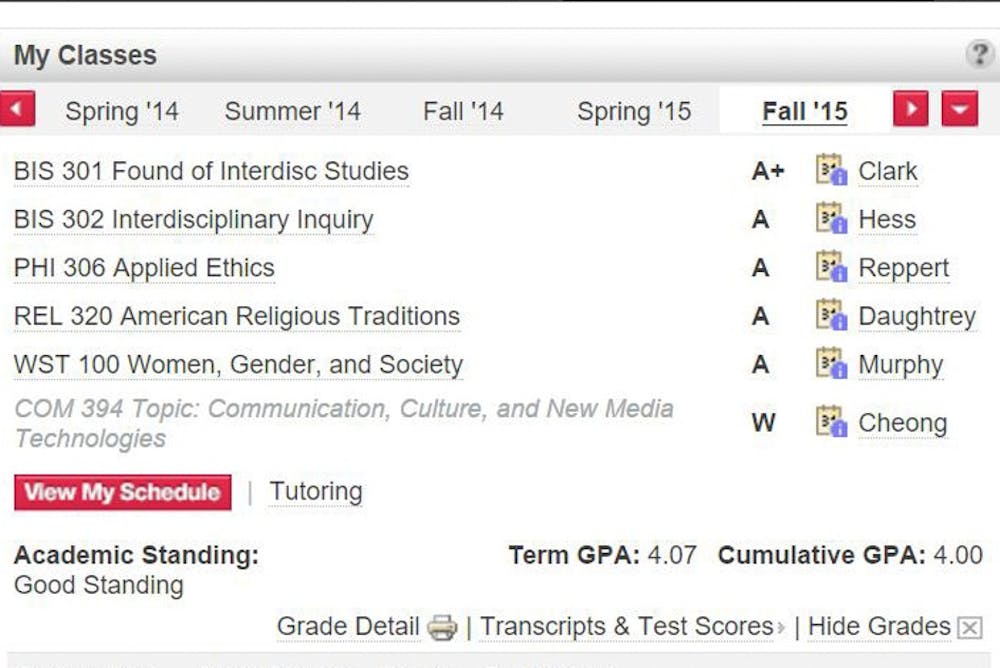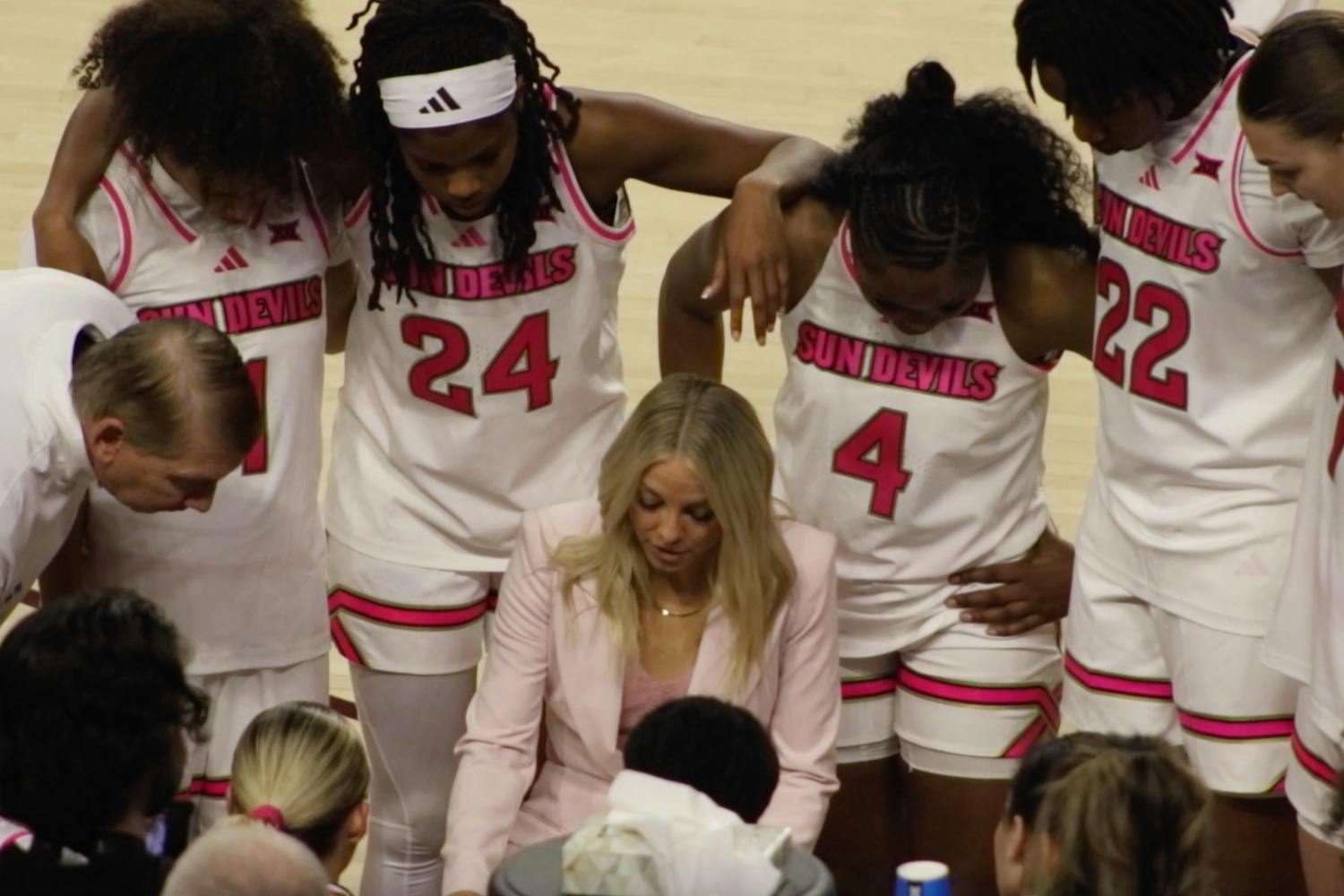In class the other day, I overheard a discussion that takes place daily on any college campus. Grades were the subject. More specifically, the students involved were talking about how they thought they deserved higher grades.
“Am I doing well enough?”
“I got a seven out of 10 on this assignment. I think I deserved an eight or nine.”
“This instructor grades too hard.”
These questions and discussions between students have been driving an ugly phenomenon across America’s universities: grade inflation.
Colleges used to be a place revered for difficulty, for truly earning what you deserved and showcasing what you were capable of. You’d prepare yourself for the rigors of facing an unfriendly world that wouldn’t always cater to your needs. You used to occasionally get a C on something you tried really hard on. Sometimes, you would fail.
Almost a century ago, the average college GPA was 2.32. Today, that average sits above 3.0 and the most commonly awarded grade on college campuses is the coveted A.
How much of this is on the institution versus the students is up for debate. University departments compete for students, and a rigorous department that grades strictly could be a turn off to future enrollment.
However, students also have more of a voice and more independence than their counterparts of decades past. We can use tools like ratemyprofessors.com to select classes based on student reviews of the teacher. We have a lot of options to shift as much responsibility for our grades away from ourselves, and the schools have incentive to keep grades high.
It’s a perfect storm to foster mediocrity; the situation begs for inflated grades.
I corresponded with educational policy expert and Regents' Professor Emeritus at ASU, Dr. Gene Glass, who agrees that an unspoken agreement between students and departments exists. A "you scratch my back, I'll scratch yours" mentality is present. He added, "(Professors) who grade low, get low ratings from students," implicating an incentive for departments to keep grades high.
Inflated grades, just like over inflated currency, are a very bad thing. If everyone in the country suddenly found a million dollars in their bank accounts, the overwhelming feeling of joy would soon be overshadowed by the realization that your million dollars is worth a lot less than it used to be.
It’s the same way with grades; if everyone gets an A, then these letter grades are no longer special. In fact, they’re almost worthless, like the post-World War I German Mark. The letter grade A become the adult equivalent of a Little League trophy that every kid receives. If everyone gets a trophy, is anyone really special?
It also cheapens the value of your education. A year’s worth of in-state tuition at ASU is going to cost you $10,000. If you want to receive the most value for your money, being given the letter grade A like they’re Halloween candy isn’t going to do you any favors. It’s a bit like cheating your way through a class. Sure, you may get a good grade on a test you cheated on, but you know none of the material, and you haven’t grasped any new concepts.
College is supposed to be a demanding environment where exceptional effort is rewarded and students need to rise to the occasion and overcome academic challenges. Everyone deserves a shot to take on those challenges, but the very nature of life dictates that not everyone will pass those challenges. Some will fail, and that’s okay. Not everyone needs to go to college, nor does everyone need to do well there.
If we keep lowering the bar, eventually the bar disappears into the dirt and all you have to do is somersault your way over it. We’d have to change “cum laude” (Latin: with distinction) to “ordinarium” (Latin: “ordinary”). If the average GPA is 3.1, and all you need is a 3.4 or above to graduate with some form of “cum laude” in your title, then there’s nothing really distinguishing about it.
Related Links:
Don’t stress too much about your grades
Reach the columnist at cjwood3@asu.edu or follow @chriswood_311 on Twitter.
Editor’s note: The opinions presented in this column are the author’s and do not imply any endorsement from The State Press or its editors.
Want to join the conversation? Send an email to opiniondesk.statepress@gmail.com. Keep letters under 300 words and be sure to include your university affiliation. Anonymity will not be granted.
Like The State Press on Facebook and follow @statepress on Twitter.





